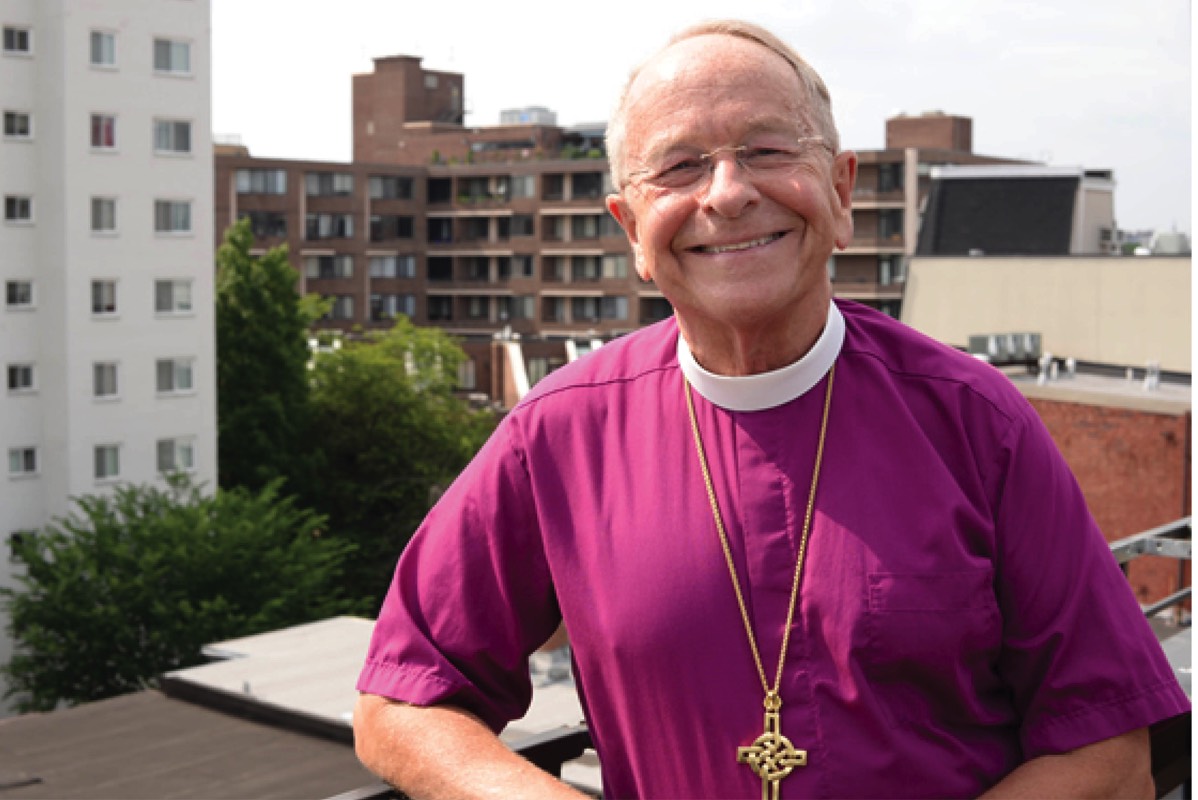My third and final labor was the longest and most difficult. Despite being pampered in an affluent suburban world-class hospital—I was exhausted. Still, as our third child entered the world my first thought and indeed first words were, “she’s so beautiful.” Societal messaging along with biological instincts encourages us to reproduce, after all children are economic engines and the future of our families, communities and countries.
As parents we see reflections of ourselves in our offspring, our marriages are further legitimized by children, and if truthful we garner some sense of power and immortality in delivering mini-ME’s into the world. As parents we often have specific ideas about the lives our children will lead. Long before they walk, talk, begin their educations, and form relationships we construct a mental model of their life based in our world view, all in the name of love, of course.
So what happens when a child is different than the idea we constructed for him or her? The child that prefers audiovisual cords not basketball, wants to pursue journalism not law, wants a career but not a family, or loves a girl not a boy. How do we respond when those external validations of raising an heir are compromised, the crooked brow of a neighbor, the disapproving leer from a grandparent, or outright rejection from a community? It begs the question, what is love? Are those we deem “different” in the context of a particular time less deserving of love’s full embrace? Is love a privilege, a gift, an honor, a right, or a sacrifice?
Through globalization, the democratization of information via the Web and a worldwide economic downturn, we are reconsidering how we define and express this thing called love and who gets included in the expressions of love. No longer do our ideas of family, community, personal relationships and interrelatedness need to be defined solely by geographic and singular cultural identities and boundaries.
The Episcopal Bishop of New Hampshire, Gene Robinson is turning in his vestments at the end of the year. But he will continue his crusade of love for those in his work with the think tank, The Center for American Progress. Ahead of retirement and on the heels of his book, God Believes in Love, I talked with Bishop Robinson about his past and present with love and how he will carry that message forward. The following are excerpts from that interview.
You opened your book with the story of realizing you were different. You were disenfranchised from rural Kentucky norms of the time and your external validations came from the representation of someone you were not. Where did your resilience come from?
Growing up I had to hide my true self. My external validations came from things that were not true of me; hardly a minute went by that I didn’t loathe myself. When I was born the doctor did not think I would live; I was massively injured in childbirth. The doctor did his best to reshape my head so my mother would not be any more traumatized. If I lived passed a few days they were sure I would never walk or talk. Despite all this and the fact that my parents were very young, unprepared and quite poor my mother devoted her life to me. There were no special services in rural Kentucky for a child like me, not even kindergarten. So when I started school it was first grade for me and I was reading on a fourth grade level. I attribute that to my mother. My resilience also comes from our faith; it took hold of me at a very early age.
You talk about your parent’s love for one another and you close the book with observations of their love and commitment to one another. How have those observations shaped how you define, pursue and express love?
It wasn’t always like that. When I was young my father was very harsh with me. He was poor and uneducated and not equipped to handle a child who he thought was going to die at any time. But our community was strong and our faith was strong. I attended his high school graduation and he went on to a career of service to the community. He evolved and became a devoted husband and loving father.
I observe so much polarity (left/right, straight/gay, black/white, rich/poor) in the world today, often with vitriolic fervor, what role do religious communities play in bridging that gap?
There is such high anxiety today. As a way of dealing with that sometimes people try to define things with extreme certainty. As a religious leader, much of my work is to help people deal with ambiguity. Most things are not black or white but rather shades of gray.
Today we have access to constant information where we can fact check, research information, in essence information is democratized, can love be democratized?
I’m a bit pessimistic about that. Marginalizing minorities has gone on through out history, and, despite the availability of information, people tend to go to sources that validate their perspective.
In his book, Bishop Robinson defines a prophet as “one who stands up and speaks truth to power, risks his own neck to tell the powers that be what they least want to hear, who calls to account the behavior of the powerful and wealthy on behalf of the oppressed and poor.” I asked him if he thought of himself as a prophet to the conversation of love. Humble and still deeply authentic and thoughtful, he was reluctant to refer to himself as a prophet; he preferred to say he was dedicated to the work of “equality, fairness and justice. “
Prophet or crusader of love the Bishop inspired me to reflect upon my own shades of gray. As a white heterosexual living up to today’s cultural norms I’m in the majority. But as a woman I’m a member of a minority. I’m both a parent and a child. Isn’t it just so that we can all relate to being on the outside of the dominant group at some time? And that each of us experience being, at some point, vulnerable and at another time in charge? For those moments of being on the “wrong side” of an idea, for those moments of vulnerability, I hope to be not merely tolerated—but embraced. What is love: a privilege, a gift, an honor, a right or sacrifice? It’s all that and more...
As a parent in 2012 I cannot possibly know what the world will be like when my children claim their independent lives 10 to 15 years from now. Listening and observing the ways in which they feel seen, heard, and appreciated, providing safe boundaries, the tools and the playground for getting their swan song sung is a love I strive to give and hope they return to the world. Then again, the world in which they pursue their hopes, dreams, and relationships as adults might evolve yet again, hopefully, getting better all the while.
Archives










